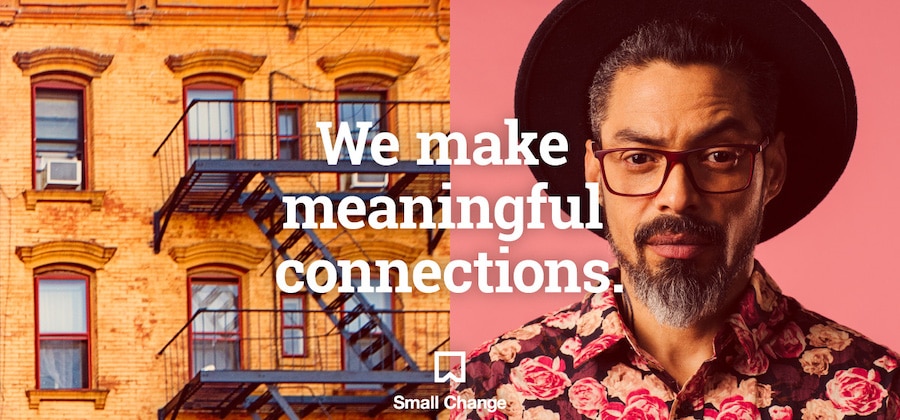
Equity crowdfunding is changing the real estate development landscape. Importantly, beyond raising equity, crowdfunding can help build support within communities that may otherwise hold neutral or even hostile feelings towards the building of a new real estate project. Micro-investments via crowdfunding platforms give community residents and stakeholders the opportunity to participate in and take ownership of the development. And this means that everyone will have an interest in its success.
Developing in underserved neighborhoods is not easy
Since Franklin D. Roosevelt kicked off the New Deal Programs in 1933, federal, state and local governments have tried to find ways in which to deliver high-quality housing to all Americans, not just the privileged few. But while the numerous programs created that support housing have helped over the years, they have not solved the problem. Government-developed housing projects, low-income housing tax credits (LIHTC) and Opportunity Zones have not stemmed the tide of housing insecurity.
Many in the private sector only develop in these under-served communities due to the existence of such programs. This is due to the fact that risk-adjusted returns in many major metros are substantially lower than the return on investment an investor can anticipate from middle to high-end housing, like luxury condos or single-family homes. Making the numbers work is hard enough, and when slim margins are combined with vociferous opposition to a project, it can be hard to convince investors to get behind projects in the places that need them most.
Crowdfunding as a signal
Developers have a bad rap in communities. After years of dealing with bad-faith actors, and after suffering from the effects of gentrification and “revitalization” efforts, many in the communities that need housing the most are not inclined to work with them any longer. It is critical to send the right signals to community members in order to break through years of mistrust. One way is through crowdfunding. Instead of new projects only benefitting developers or investors, crowdfunding can allow those residents to have a direct financial interest in the success of the project.
Bite-size investments and the local community
The vast majority of real estate crowdfunding platforms require that users be accredited investors. In other words, they must be one of the 3% that have net worth of over one-million dollars or a salary of at least $200,000 per year. In 2016, in an effort to democratize investment, the Securities and Exchange Commission released Regulation Crowdfunding, a rule that permits anyone over the age of 18 to invest. Now there are some emerging crowdfunding platforms that employ this rule, like Small Change.
Most socially conscious real estate development projects take place in economically disadvantaged areas, as these are the neighborhoods that need the most help. If development projects are completed without concern for locals, they can end up hurting the people that the impact-investment was supposed to benefit.
Most residents in these areas probably can’t meet the $200k yearly income or one-million dollars net worth requirement for accredited investment. Small-dollar investment crowdfunding platforms allow developers to invite residents of the community they are building in to invest, and share returns with them, rather than faceless investors that live anywhere from San Francisco to Tokyo. Not to mention that crowdfunding provides developers more access to capital from sources other than traditional lenders.
Closing the gap
We all know that private developers cannot solve the housing crisis entirely on their own. There need to be significant structural and regulatory changes made in order to provide substantial decreases in housing insecurity, particularly in the very high cost of living areas on the coasts. However, private developers can make a dent in the housing affordability gap through projects that use local communities as a resource, rather than viewing them as an obstacle to be overcome.
_
Small-dollar crowdfunding offers real estate developers a way to turn a group of potentially opposed stakeholders into firm allies with a direct financial interest in the project, in addition to their interest as residents of the local community. With so many obstacles to overcome when creating sustainable low and mixed-income housing, developers need all the help they can get. It’s a win win.
Image courtesy of Small Change
